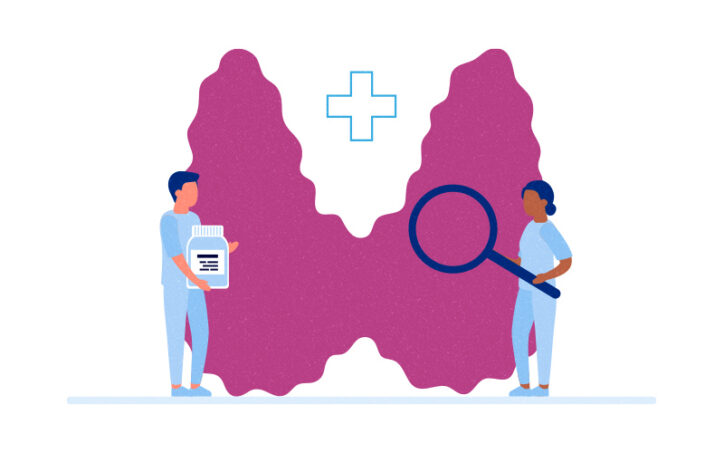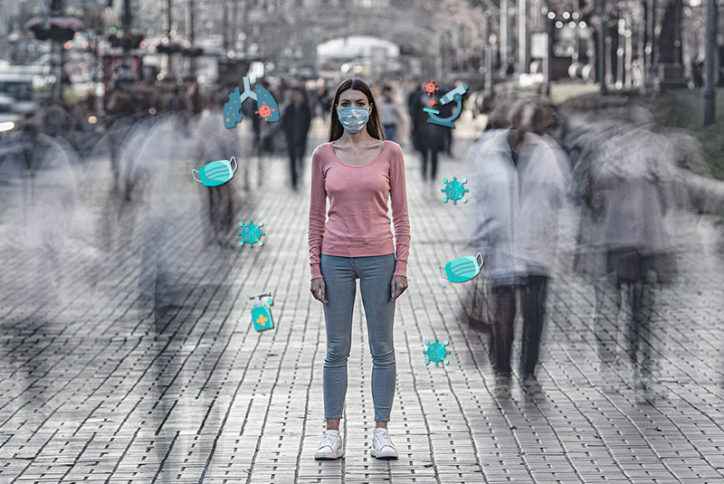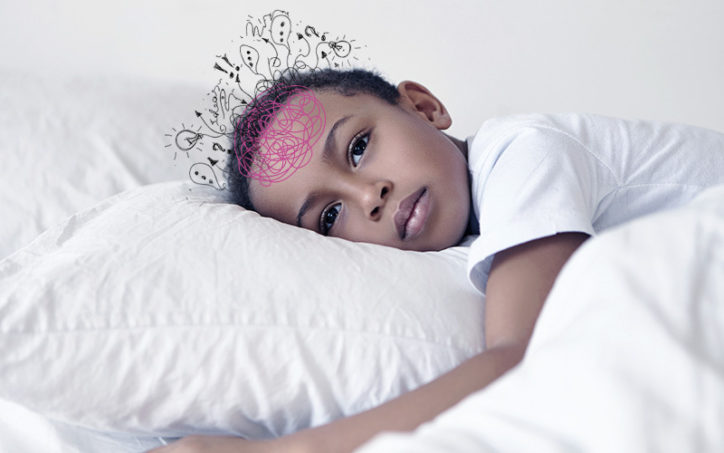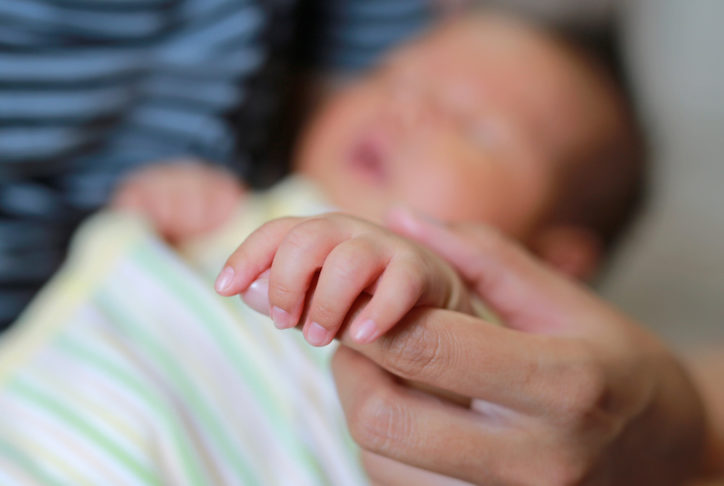Sickle cell disease, gene therapy, and blood cancers: Mysteries remain
Gene therapy trials for sickle cell disease have been showing great promise, even offering hope of a cure. But in early 2021, the trials ground to a halt after reports of blood malignancies in two people in a trial sponsored by bluebird bio. Investigations later concluded that the gene therapy delivery vectors were likely not ... Read More about Sickle cell disease, gene therapy, and blood cancers: Mysteries remain
Charting a new path for pediatric thyroid cancer treatment
Thyroid cancer is the most common type of endocrine cancer in children. Because it is bilateral — affecting both sides (lobes) of the thyroid — in more than one third of pediatric patients, initial treatment typically involves a total thyroidectomy, the surgical removal of the entire thyroid gland. However, removal of only the affected lobe — a lobectomy ... Read More about Charting a new path for pediatric thyroid cancer treatment
Rethinking the origins of cerebral palsy
Cerebral palsy (CP) has widely been viewed as the result of perinatal oxygen deprivation or other birth-related factors like prematurity. For many children, this is true. But new work from Boston Children’s finds that up to 1 in 4 have an underlying genetic condition with the potential to change the approach to their care. Findings ... Read More about Rethinking the origins of cerebral palsy
COVID-19 vaccination in 12- to 18-year-olds: What does the science say?
With a third “booster” dose of the Pfizer/BioNTech vaccine now authorized for children age 12 and older, you may be wondering about the safety and effectiveness of COVID-19 vaccination in teens. With months of experience — and recent research — to draw from, we now have more answers. Several recent studies led or co-led by ... Read More about COVID-19 vaccination in 12- to 18-year-olds: What does the science say?
From our labs and clinics: 10 research advances in 2021
Pediatric medicine at Boston Children’s Hospital rests on a strong base of discovery science. But it can take decades for bench discoveries to be validated and replicated in humans and for treatments to be proven safe. When lab discoveries advance on the road to clinical application, it’s cause to celebrate. Here are 10 research success ... Read More about From our labs and clinics: 10 research advances in 2021
From our labs and clinics: The top 10 COVID-19 science stories of 2021
As COVID-19 waxed, waned, morphed, and waxed again this year, research was taking place throughout Boston Children’s Hospital. Ongoing national studies the hospital is leading or co-leading include Overcoming COVID-19, a CDC-funded study on COVID-19 and multisystem inflammatory syndrome in children (MIS-C); IMPACC, examining immune responses in people hospitalized with COVID-19; and MUSIC, studying MISC’s ... Read More about From our labs and clinics: The top 10 COVID-19 science stories of 2021
Sound sleep, sound mind: The importance of sleep for preteens’ developing brains
When your preteen doesn’t get enough sound sleep, some of the signs, like crankiness, are obvious. But some of the effects are more subtle. A large, first-of-its-kind study from Boston Children’s Hospital now shows that too little or poor-quality sleep may prevent the brain from developing strong, efficient connections. “Early adolescence is a critical time ... Read More about Sound sleep, sound mind: The importance of sleep for preteens’ developing brains
Low-carb or low-fat? Study pinpoints better diet
Despite the popularity of low-carbohydrate diets, health experts have pushed low-fat diets for the past 50 years, citing saturated fat as the main health risk. As a result, grocery shelves are stocked with low-fat and fat-free foods, many of which are high in processed carbs. Drs. David Ludwig and Cara Ebbeling, who co-direct the New ... Read More about Low-carb or low-fat? Study pinpoints better diet
Lead exposure remains a problem for some children
Lead poisoning has been with us since the beginning of the Industrial Revolution. But it wasn’t until the late 1970s that strong laws were passed to reduce lead in the environment. And 40+ years later, a large national study still finds evidence of possibly harmful lead exposure in young children, especially those living in low-income ... Read More about Lead exposure remains a problem for some children
A promising new antiseizure drug tailored to newborns
Neonatal seizures can lead to serious consequences, including significant cognitive and motor disabilities, lifelong epilepsy, and death. They are often highly resistant to treatment, in part because seizures in newborns are fundamentally different from seizures in older children and adults. Yet they are treated in much the same way as older patients, with little change over the decades. Better treatment is ... Read More about A promising new antiseizure drug tailored to newborns











